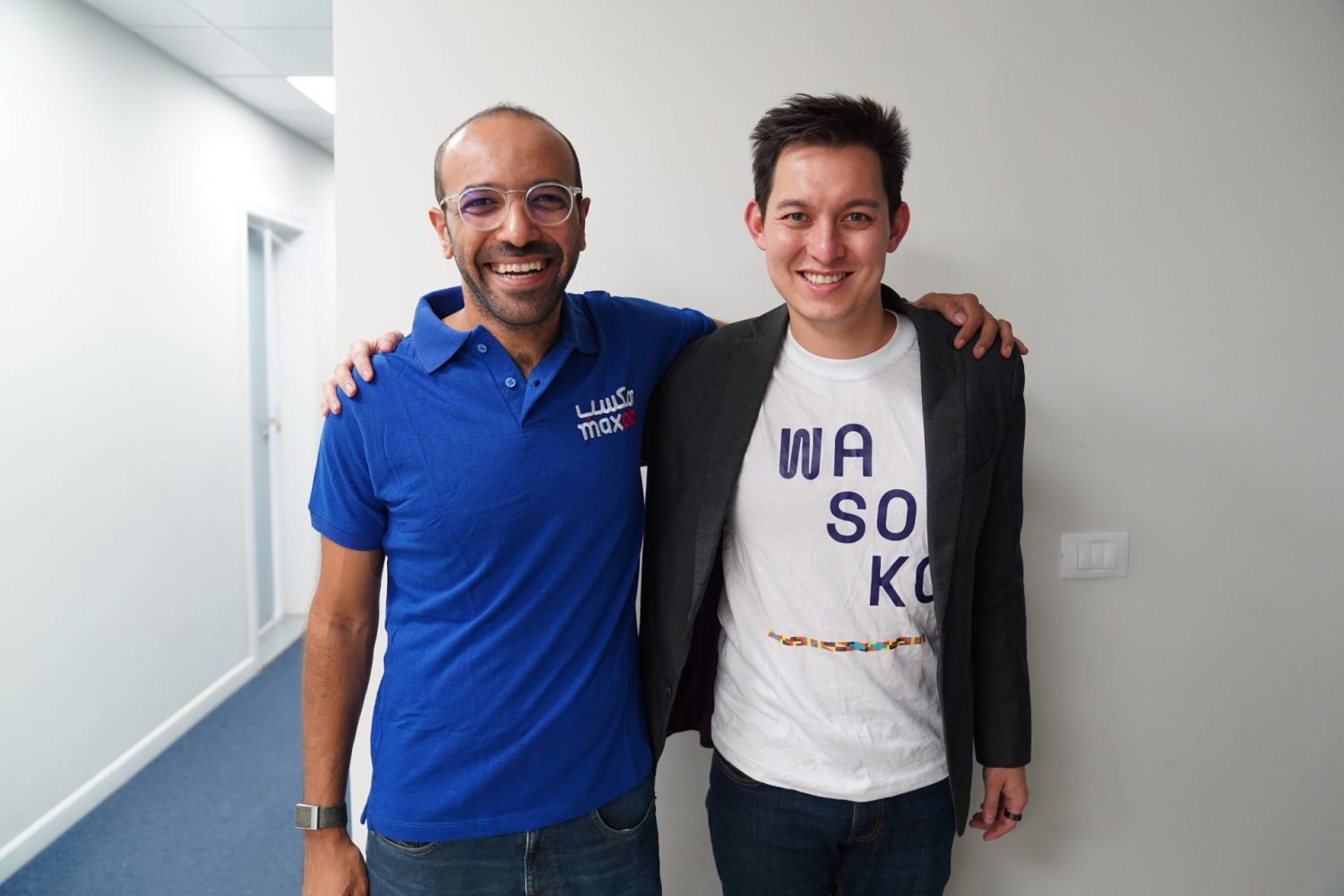Wasoko Insists Crucial Merger With MaxAB On Track Despite Hold-up

Wasoko, a leading Kenyan B2B e-commerce platform, has countered recent reports that its would-be landmark merger with Egyptian counterpart MaxAB is stalling while addressing concerns about ongoing delays in the much-anticipated deal.
In an email to WT, Wasoko stated the deal “is progressing as expected and in accordance with the initial terms,” attributing the ongoing process to the standard complexities of large mergers.
This response follows industry whispers suggesting potential roadblocks in the deal, which was initially hailed as a huge moment for African tech. The December 2023 announcement envisioned the merged entity serving over 450,000 merchants across eight African countries, boasting a combined customer base exceeding that of any previous African B2B e-commerce player.
While Wasoko maintains a positive outlook, the fate of this merger carries significant weight for the African B2B e-commerce landscape, a sector currently navigating a period of turbulence.
Market disruptors facing disruptions
Before the recent slowdown, African B2B e-commerce painted a picture of immense promise. Millions of informal retailers across the continent grapple with inefficient supply chains and limited access to credit. B2B e-commerce platforms like Wasoko and MaxAB emerged as potential solutions, connecting retailers directly with manufacturers and offering financing options.
Both Wasoko and MaxAB are among the established players in the African B2B e-commerce space. Wasoko, founded in 2016, secured a hefty USD 125 M Series B round led by Tiger Global in 2022, which reflected investor confidence in the sector’s potential. MaxAB, established in 2018, also enjoyed a strong growth trajectory.
However, the past year has proven challenging for the B2B e-commerce sector in Africa. Fierce competition and a global venture capital drought led to upheavals and closures. Wasoko and MaxAB were not spared, facing funding setbacks and making tough cuts as the need to scale back and reduce burn rates became a common thread.
Tesh Mbaabu, who led the now-shuttered Kenyan B2B e-commerce startup, MarketForce, described the struggle with a “lack of differentiation and perfect competition,” where aggressive price wars eroded margins and made profitability elusive for many players.
Consolidation is however emerging as a lifeline for B2B e-commerce startups in Africa, in response to the sector’s tumultuous run over the past year.
TradeDepot’s acquisition of Ghana-based Green Lion in 2022, following TradeDepot’s USD 110 M funding round the previous year, comes to mind. As does Chari, a Moroccan B2B e-commerce and fintech startup which acquired a 100 percent stake in Diago, an Ivorian app that connects neighbourhood shops to FMCG producers and importers, in a deal announced in June 2022, which remarkably became Chari’s third acquisition in less than a year.
A bellwether for African B2B e-commerce?
The initial announcement of the Wasoko-MaxAB merger positioned it as a response to these very challenges. The combined entity was projected to have a gross merchandise value of USD 50 M, but also anticipated a significant restructuring; mass layoffs have since occurred.
However, the protracted merger process has fuelled indications of a hold-up which a TechCrunch report linked to the impact of macroeconomic woes on deal terms, as well as the effect of restructuring efforts on due diligence elements.
Wasoko’s email response, while emphasising the deal’s progress and adherence to the initial terms, offers little insight into the specifics of the ongoing negotiations. The company also declined to comment on specific financial details or the potential impact of restructuring on the initial customer base projections.
“For reasons of legality, we are currently unable to disclose specific financial or other information on the terms of the merger,” reads the statement to WT. “We look forward to sharing the exciting news upon final completion of the deal.
The coming months will be critical for the Wasoko-MaxAB merger. If completed, it could pave the way for a more consolidated and potentially profitable B2B e-commerce landscape in Africa. However, if the deal falters, it could signify a wider struggle for the sector, raising concerns about the sustainability of the initial hype surrounding these disruptive startups.
“For Wasoko, our newly aligned strategic efforts over recent months have shown positives in the four markets we currently operate as we lead up to the merger,” the startup maintains, “and we’re enthusiastic about the long-term benefits this will bring to the wider e-commerce industry.”